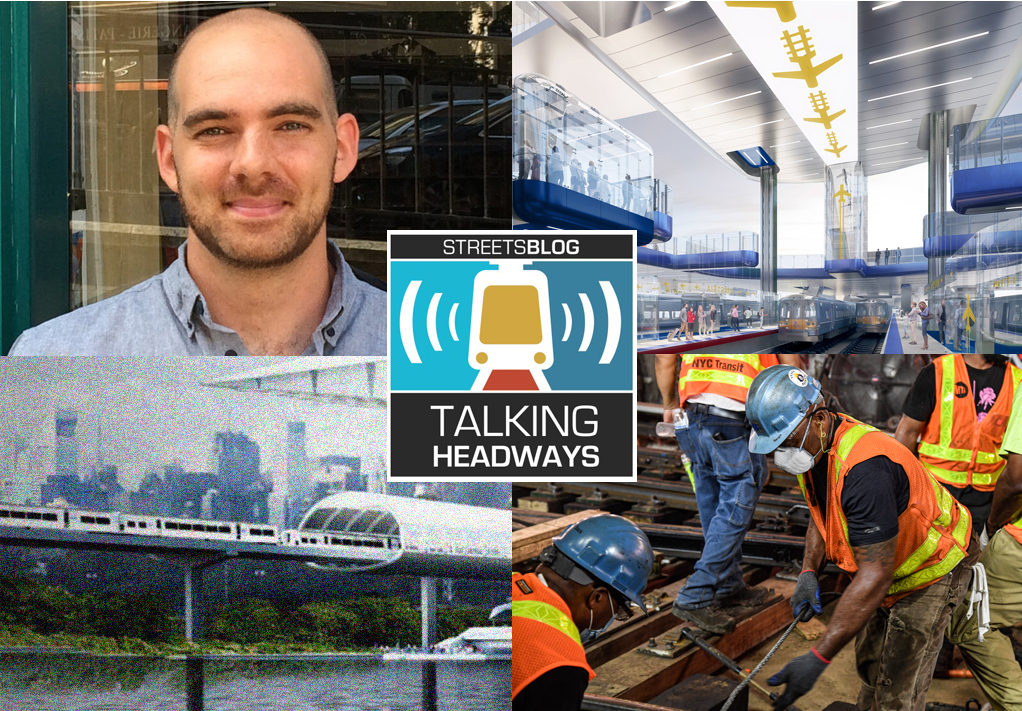This week, we're joined once again by transportation and housing expert Yonah Freemark for part one of a series on the equitable distribution of transportation grants, potential for flex funding for transit, and our annual transit openings discussion.
Look, some people prefer to read than to hear, so we've provided an unedited transcript right here. Or you can read an edited transcript below the media player here:
It's a great show, so we hope you'll listen in If not...
Jeff Wood: Let’s chat about something that the normies really care about: your annual look at transit expansion projects. You’re entering your 16th year of putting together these lists, so let's visit Memory Lane for a second. What’s changed since 2009?
Yonah Freemark: The first thing that has changed is the availability of information that we can collect from around the world to understand what’s happening in terms of investment in transportation. It just was not possible in 2009 to have any idea of what was happening in countries like China or India or countries in Southeast Asia. There are a number of reasons for that. One is literally there were no websites, the news organizations were not online, but also translation was terrible during that period.
And so from the perspective of an American who wants to understand something about Asia, for example, in 2009, you'd have to enter a rabbit’s warren of reading. Remember, there used to be all those forums that you would read and try to get a track of what was going on. So that’s been really wonderful from my perspective.
I’m sure there are many Wikipedia addicts out there who can’t help themselves just learning more and more. And I think it’s just wonderful to see how it’s one of the great things I think in our lifetime, right? Just to see how much more easy it is to acquire information.
Jeff Wood: But is that a blessing or a curse? I’ve seen how you’ve gone from U.S. projects to now like the list. I mean I can’t lie, I was looking down the list and I kind of glossed over. I was like, this is a lot of information. I can’t take this in in the next week or so to figure out what we need to talk about.
Yonah Freemark: A few things I certainly waste too much time on a project that is not funded. I simply you know use it as a bit of a hobby. I started out this project in the United States exclusively and have systematically tried to expand it, over time, to cover systems all around the world, which has been wonderful. I do think that one thing that has been great about the Transport Politic in general and Transit Explorer as a website is that folks contribute to it by just emailing me or filling out the form online and telling me what’s wrong or telling me about changes.
For the most part, I have have no idea who these people are, but the fact that people are excited enough to want to keep track of change, to want to submit new information, in some cases to provide geographic information to add to the website, really speaks to the fact that people are aware of public transportation investment as a worldwide phenomenon and something that’s worth considering from a worldwide perspective. And I think one thing that’s particularly good about it from the U.S. perspective is that it enables us to put the experience that you and I have, frankly, on a day-to-day basis into perspective. Is the quality and the condition of the transit system that we see on a day-to-day basis acceptable. And I think by documenting what’s occurring everywhere else, you can at least put the U.S. within a global framework. And I think people appreciate that.






